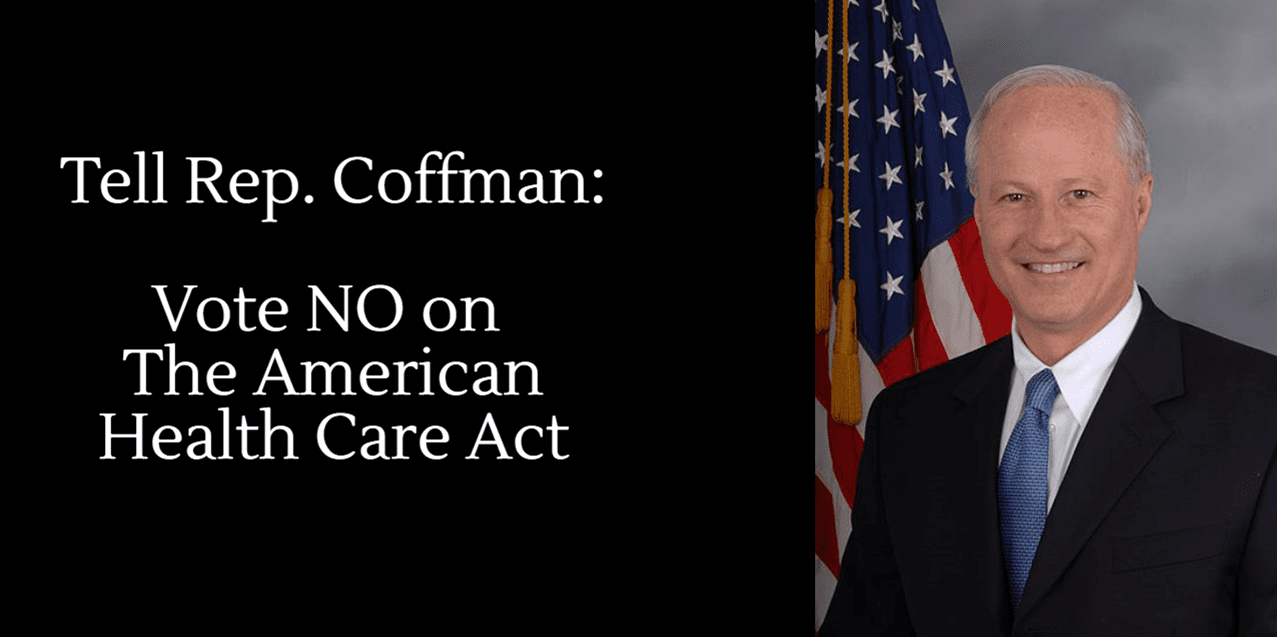Charles Brennan provided testimony in support of House Bill 24-1129, Protections for Delivery Network Company Drivers. CCLP is in support of HB24-1129.
Recent articles
CCLP testifies in support of TANF grant rule change
CCLP's Emeritus Advisor, Chaer Robert, provided written testimony in support of the CDHS rule on the COLA increase for TANF recipients. If the rule is adopted, the cost of living increase would go into effect on July 1, 2024.
CCLP testifies in support of updating protections for mobile home park residents
Charles Brennan provided testimony in support of House Bill 24-1294, Mobile Homes in Mobile Home Parks. CCLP is in support of HB24-1294.
CCLP’s legislative watch for April 5, 2024
For the 2024 legislative session, CCLP is keeping its eye on bills focused on expanding access to justice, removing administrative burden, preserving affordable communities, advocating for progressive tax and wage policies, and reducing health care costs.
Advocacy Alert: Protect Our Care!

Amid the information overload of these times, it would be easy for distracted citizens to overlook a critical moment in the nation’s history: the prospect that Congress will repeal the Affordable Care Act and replace it with a plan that will leave millions of people (and hundreds of thousands of Coloradans) without health insurance.
On March 23, the U.S. House of Representatives is expected to cast a final vote on the American Health Care Act of 2017 (a.k.a. the House Republican’s health plan). According to the Congressional Budget Office the American Health Care Act would increase the number of uninsured Americans by 24 million over the next 10 years, result in big reductions in assistance for lower-income consumers who purchase insurance on state or federal exchanges, and lead to a precipitous 25 percent drop in federal funding for Medicaid programs over 10 years. Read this CCLP fact sheet for more details.Furthermore, the legislation would result in higher premiums for many Americans who want comparable coverage. Unfortunately, mechanisms intended to make health insurance affordable, such as the Patient and State Stability Fund, likely won’t work in Colorado.
Let’s be clear: Unless you are among the wealthy who would enjoy renewed tax exemptions under the American Health Care Act, nobody will benefit from this plan. Indeed, the plan as written presents a clear and present danger to the health and well-being of many Americans.
However, this harmful plan will not pass the House if all of us take action now. That’s why it’s more important than ever to call the members of Colorado’s Congressional delegation and implore them to reject the American Health Care Act.
Please contact your U.S. representatives before Thursday’s vote (Rep. Mike Coffman in particular could be an important figure in keeping the American Health Care Act from becoming law). Check out these talking points to make your case clear!
Also, learn to how to get involved through the Protect Our Care Colorado coalition. Finally, members of CCLP’s Health Program would be happy to share their expertise on health reform with anyone who asks – either with presentations, person-to-person conversations or media appearances. Contact Elisabeth Arenales, our Health Program Director for more details.
Even if we succeed in defeating the American Health Care Act, we know that we have our work cut out to preserve coverage for millions of Americans, but the fight will be worth it. Please make your voices heard!
– Bob Mook





